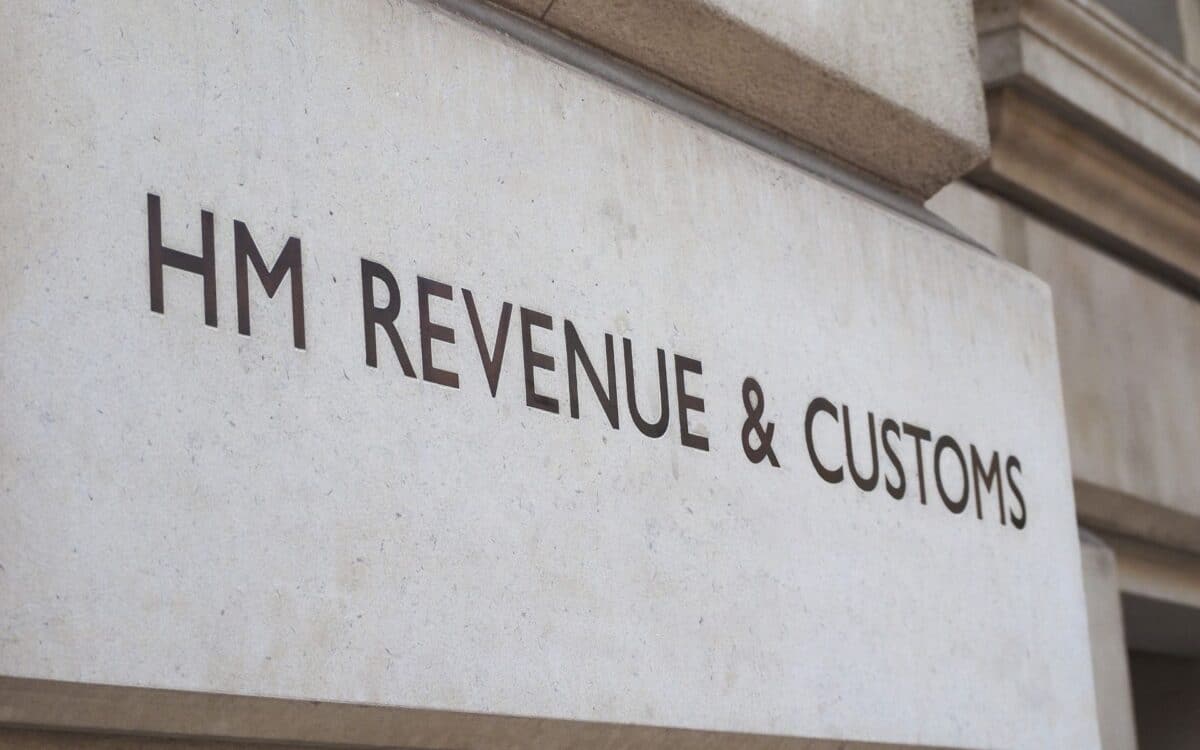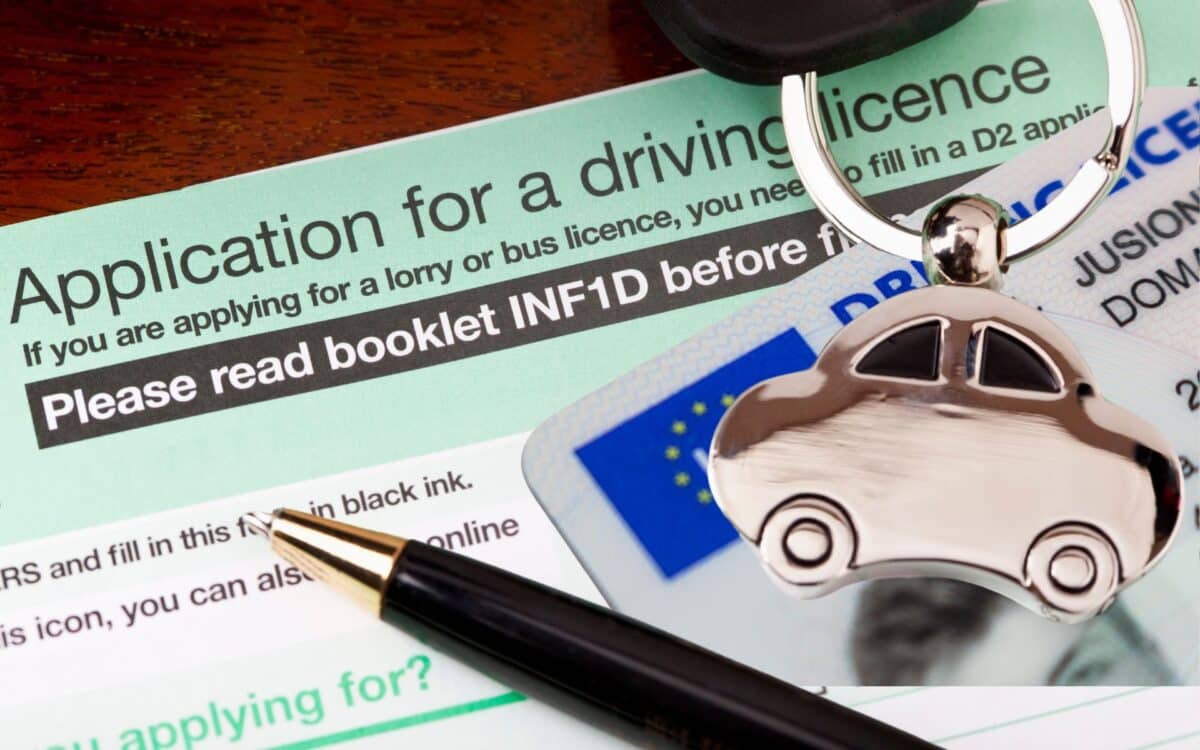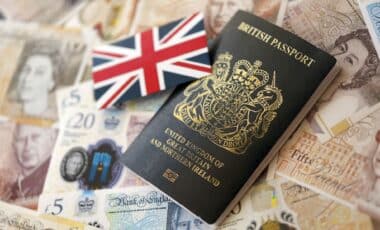New motoring regulations coming into effect in June 2025 are expected to bring a range of changes for petrol, diesel, and electric vehicle owners throughout the UK.
Among the most notable adjustments are revisions to driving licence rules and updates to HMRC fuel rates that could impact company car users.
Additionally, there are new government-backed proposals aimed at improving parking facilities, alongside efforts to expand electric vehicle charging infrastructure.
Information compiled by GB News highlights these developments as part of a broader effort to modernize motoring laws and address ongoing issues such as the car finance scandal.
Driving Licence Rules for Heavier Electric and Hydrogen Vehicles
From June 10, 2025, drivers holding a category B licence will be allowed to operate electric or hydrogen fuel cell vehicles with a maximum authorised mass (MAM) of up to 4,250 kilograms.
This is a significant change compared to the existing limit of 3,500 kilograms for petrol and diesel cars under the same licence category.
The update also permits drivers to tow trailers behind heavier electric vehicles without requiring a physical change to the photocard licence.
HMRC Advisory Fuel Rates Update
Starting June 1, HM Revenue and Customs (HMRC) will implement its second quarterly update of advisory fuel rates (AFR) for company car users in 2025.

These rates assist employers in reimbursing employees for business travel fuel costs or reclaiming expenses for private mileage.
Petrol car drivers with engine sizes between 1,401cc and 2,000cc, as well as those above 2,000cc, will benefit from a small reduction of 1 penny per mile in fuel costs for the following three months.
Solar Canopies to Support Parking Infrastructure
The Department for Energy Security and Net Zero (DESNZ), supported by Energy Secretary Ed Miliband, is exploring the installation of solar canopies over existing and new car parks.
A public consultation on this proposal is currently open and is set to conclude in June 2025, inviting motorists to provide feedback.
DESNZ’s analysis indicates that an 80-space car park outfitted with solar panels could reduce electricity expenses by approximately £28,000 annually, while contributing additional power to the national grid.
Easing Restrictions on Electric Vehicle Charging Stations
In late May, the Labour Party announced measures to simplify the process for installing electric vehicle (EV) charging points nationwide.
Future of Roads Minister Lilian Greenwood confirmed that from now on, planning applications will no longer be required for both public and private EV socket installations.
Industry experts anticipate this policy change could significantly accelerate the expansion of EV charging infrastructure, aligning with the UK’s target to install 300,000 public chargers by 2030.
Awaited Decision on Car Finance Scandal
Hundreds of thousands of drivers remain uncertain as they await upcoming rulings from the Supreme Court and the Competition and Markets Authority (CMA) regarding a high-profile car finance scandal.
Although no firm deadline has been set for the decision, financial experts compare the expected outcomes to the scale of the PPI scandal, with potentially billions of pounds in compensation at stake.
Money Saving Expert Martin Lewis has indicated on social media that his “working assumption” is that a decision may arrive as soon as July 2025.









